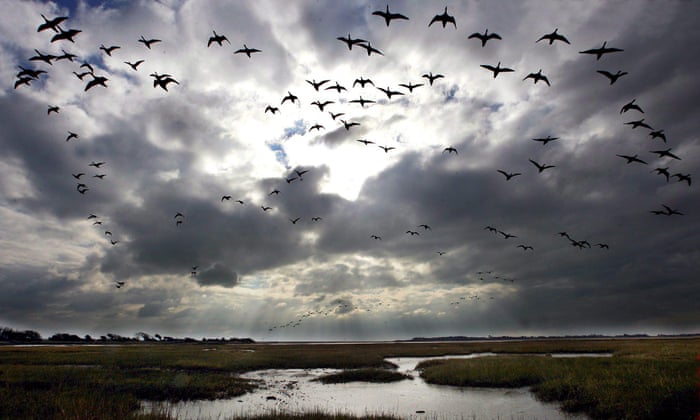Climate change driving birds to migrate early
Migrating birds are responding to the effects of climate change by arriving at their breeding grounds earlier as global temperatures rise, research has found.
The University of Edinburgh study, which looked at hundreds of species across five continents, found that birds are reaching their summer breeding grounds on average about one day earlier per degree of increasing global temperature.
The main reason birds take flight is changing seasonal temperatures and food availability. The time they reach their summer breeding grounds is significant, because arriving at the wrong time, even by a few days, may cause them to miss out on vital resources such as food and nesting places. This in turn affects the timing of offspring hatching and their chances of survival.
The research included species that travel huge distances, such as the swallow and pied flycatcher, as well as those with shorter migrations, such as the lapwing and pied wagtail. British swallows fly through western France, across the Pyrenees, down eastern Spain into Morocco, and across the Sahara, to spend their winter in South Africa from around September or October.
Migrating swallows can cover 200 miles a day at speeds of 17-22 miles per hour, with a maximum flight speed of 35mph.
The study, published in the Journal of Animal Ecology and supported by the Natural Environment Research Council, will help scientists better predict how different species will respond to environmental changes. Long-distance migrants, which are shown to be less responsive to rising temperatures, may suffer most as other birds gain advantage by arriving at breeding grounds ahead of them.

No comments:
Post a Comment